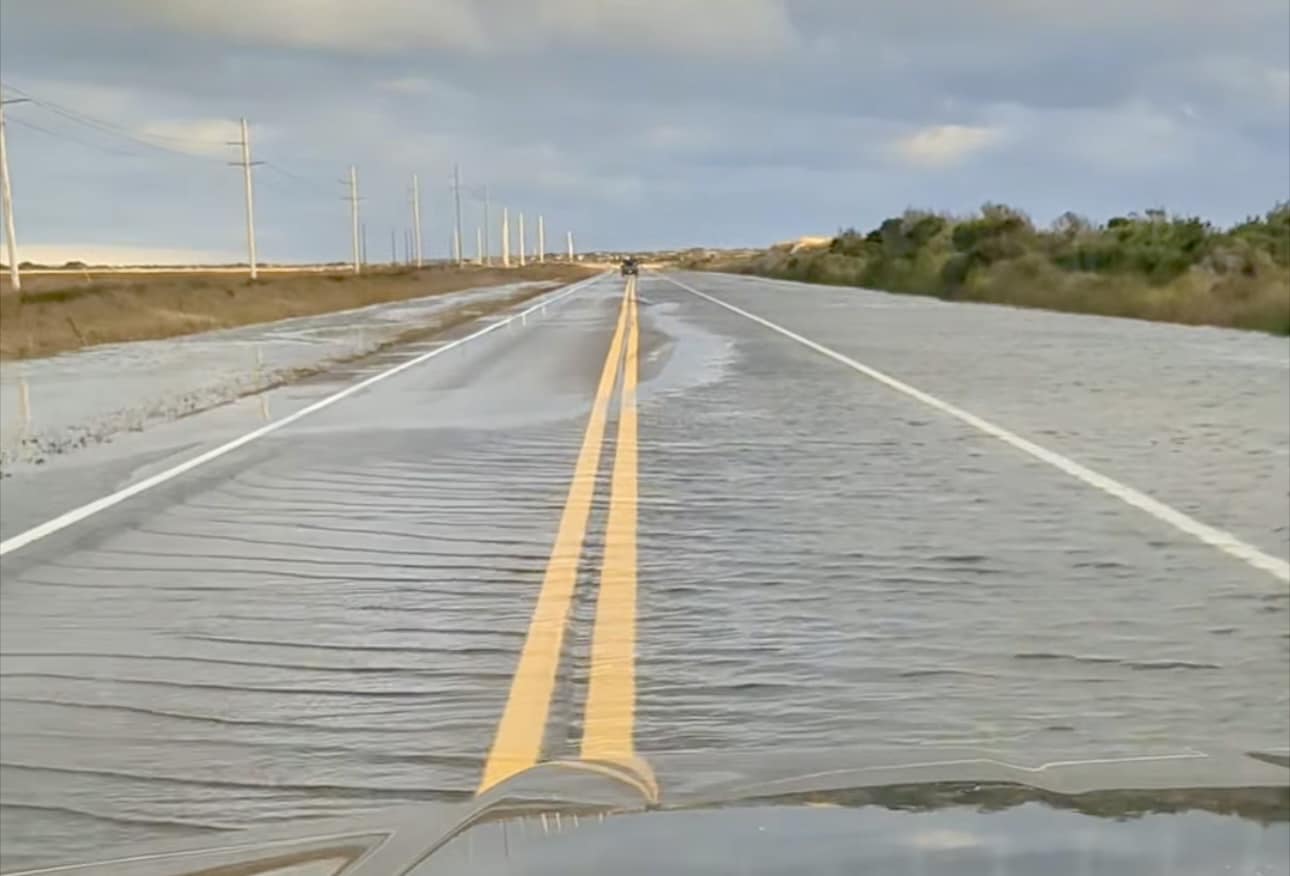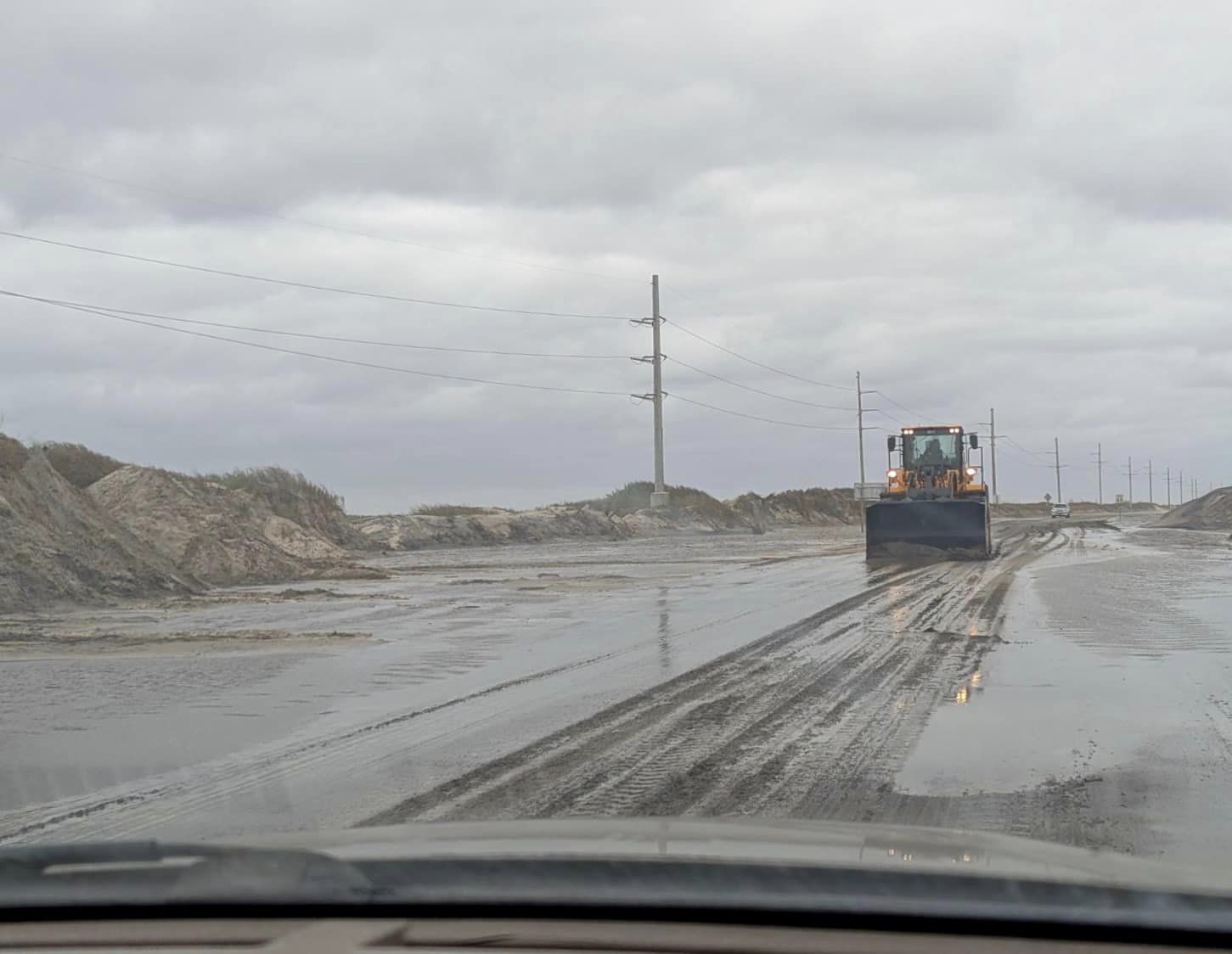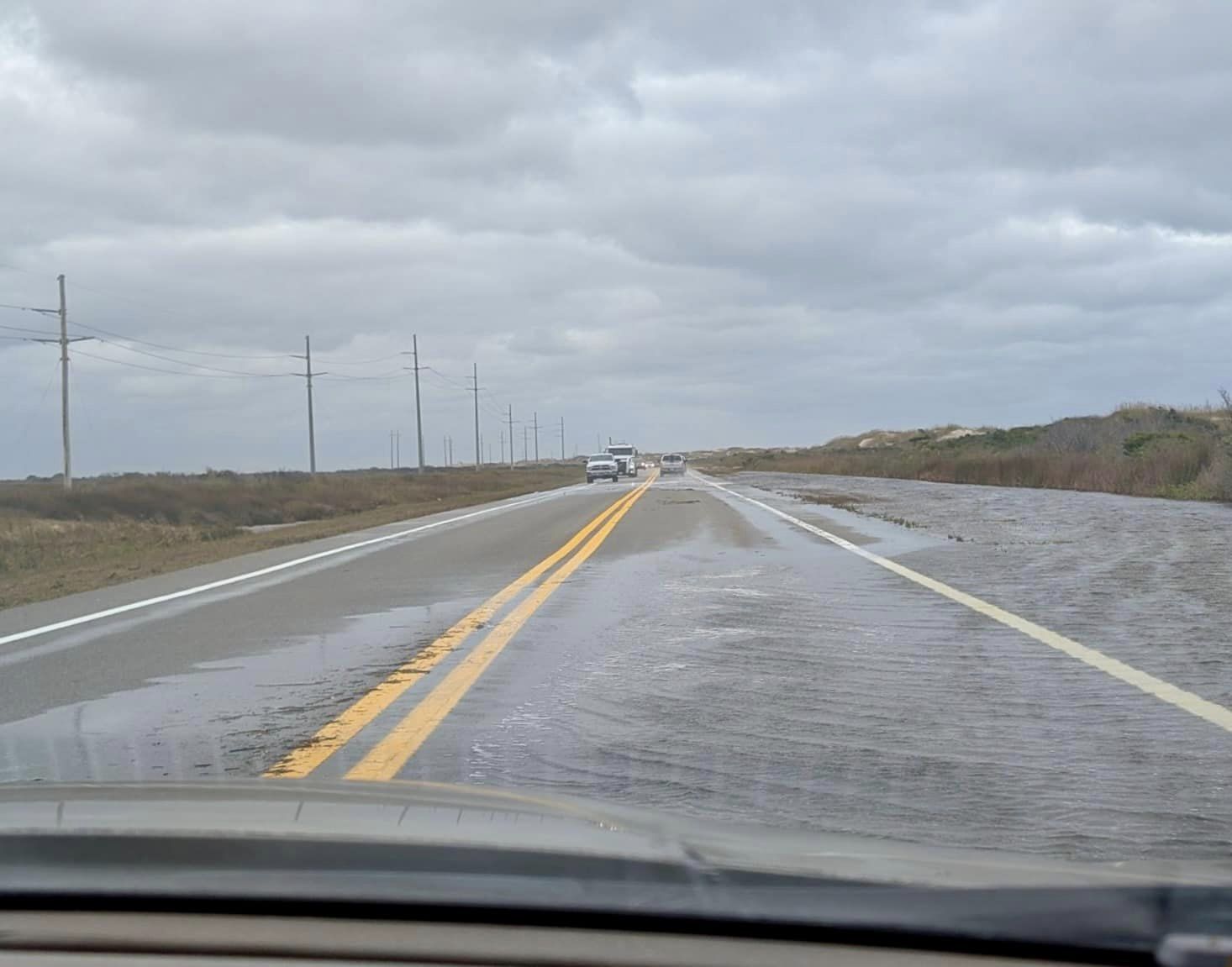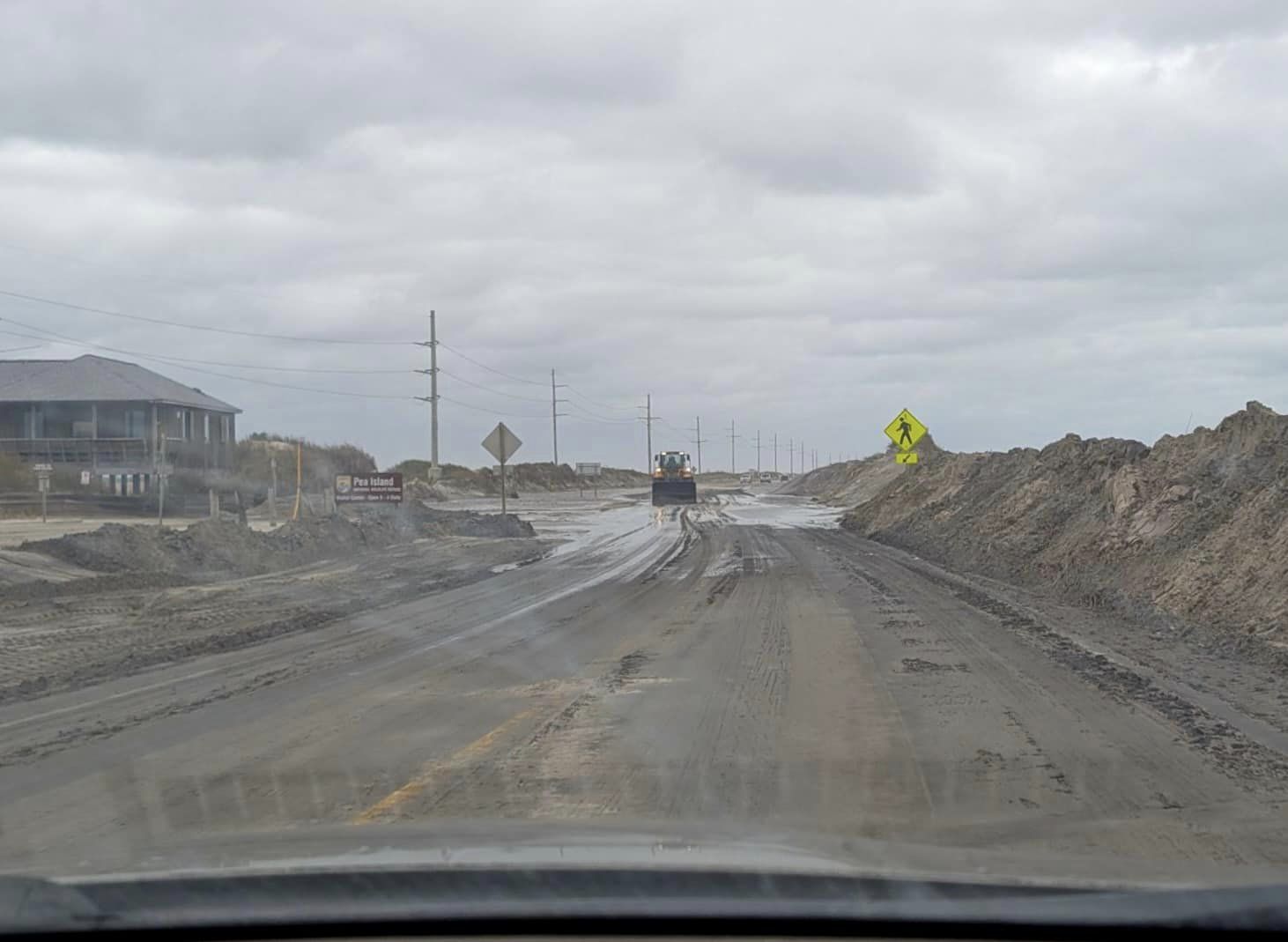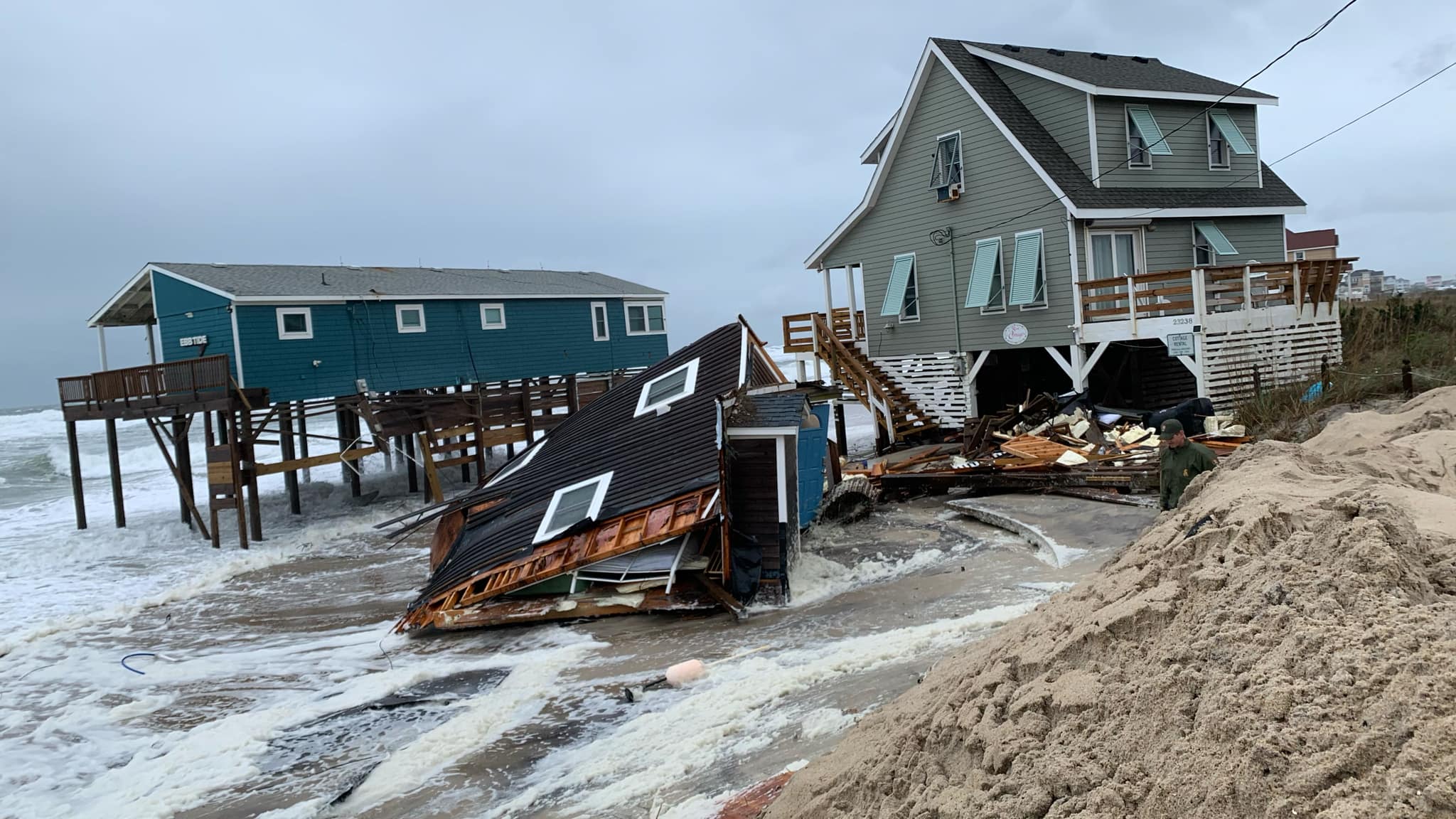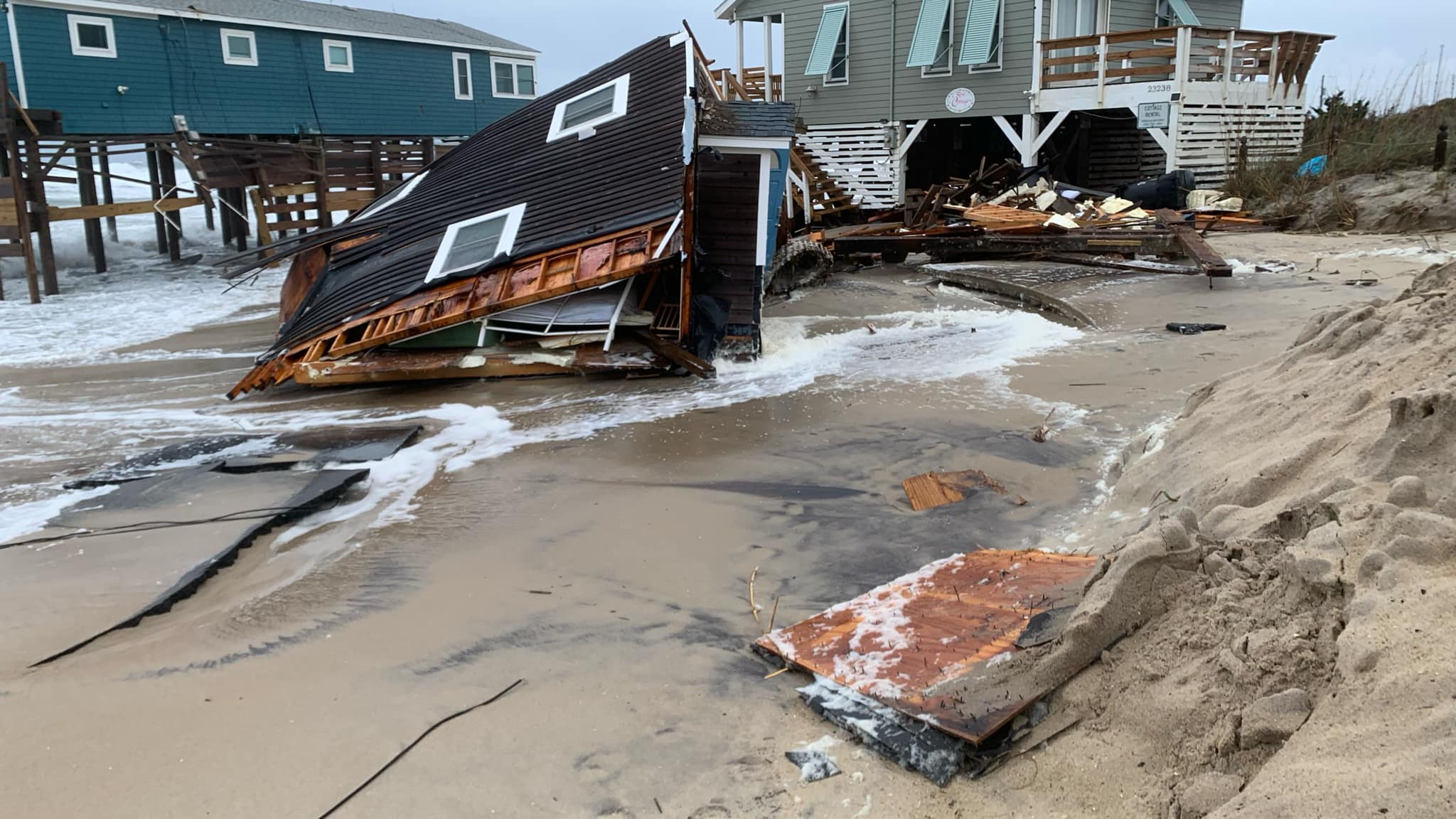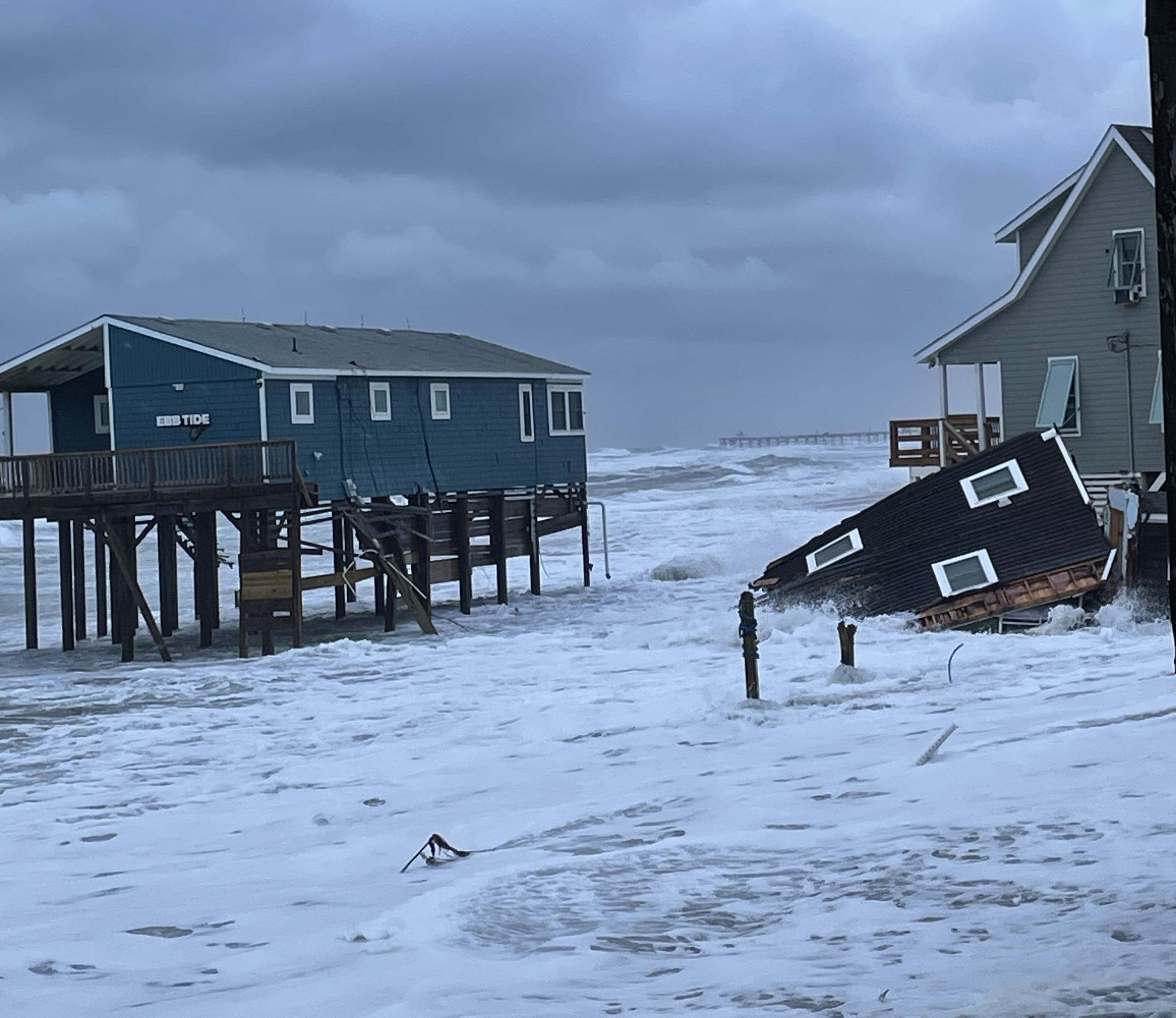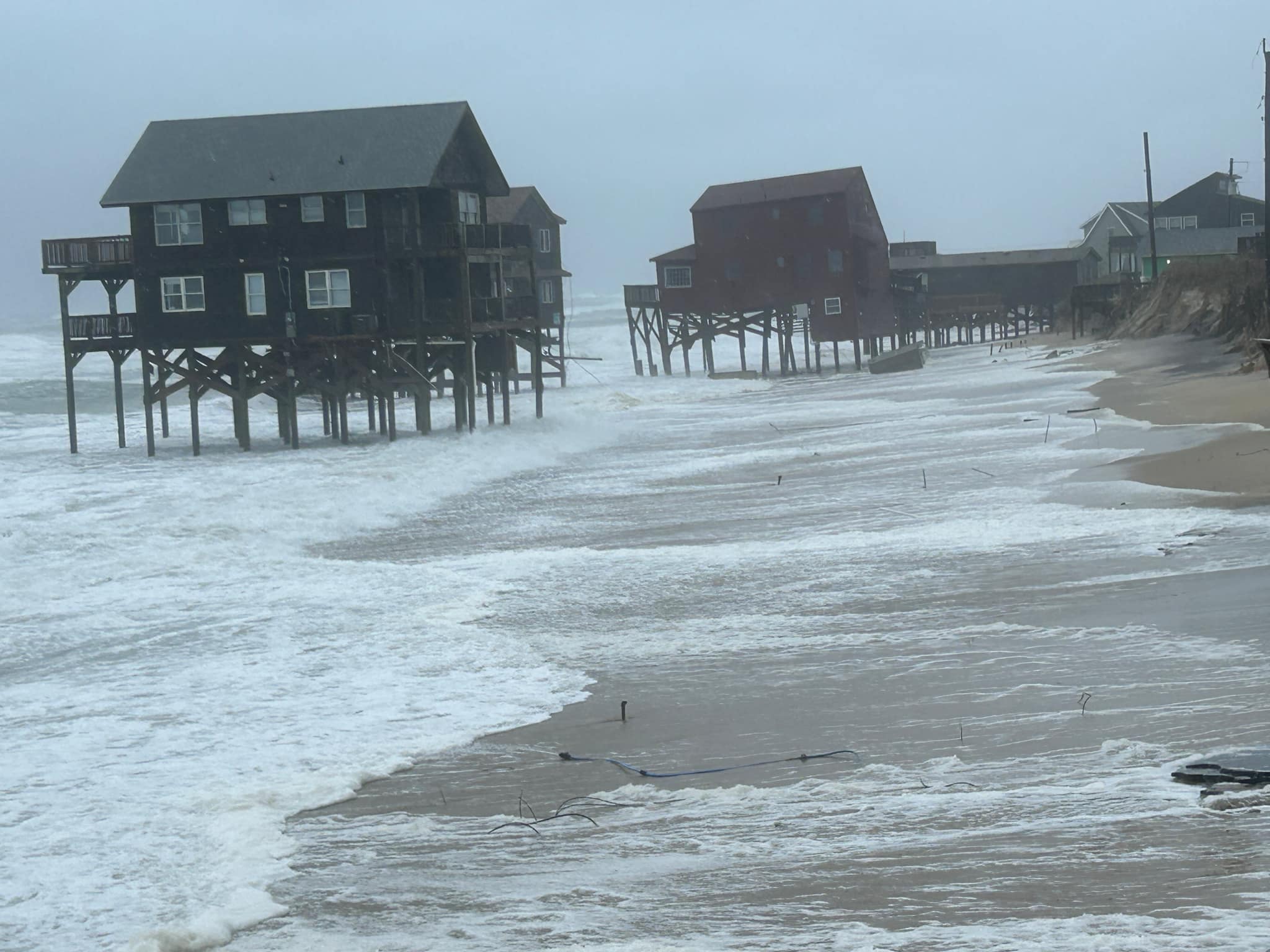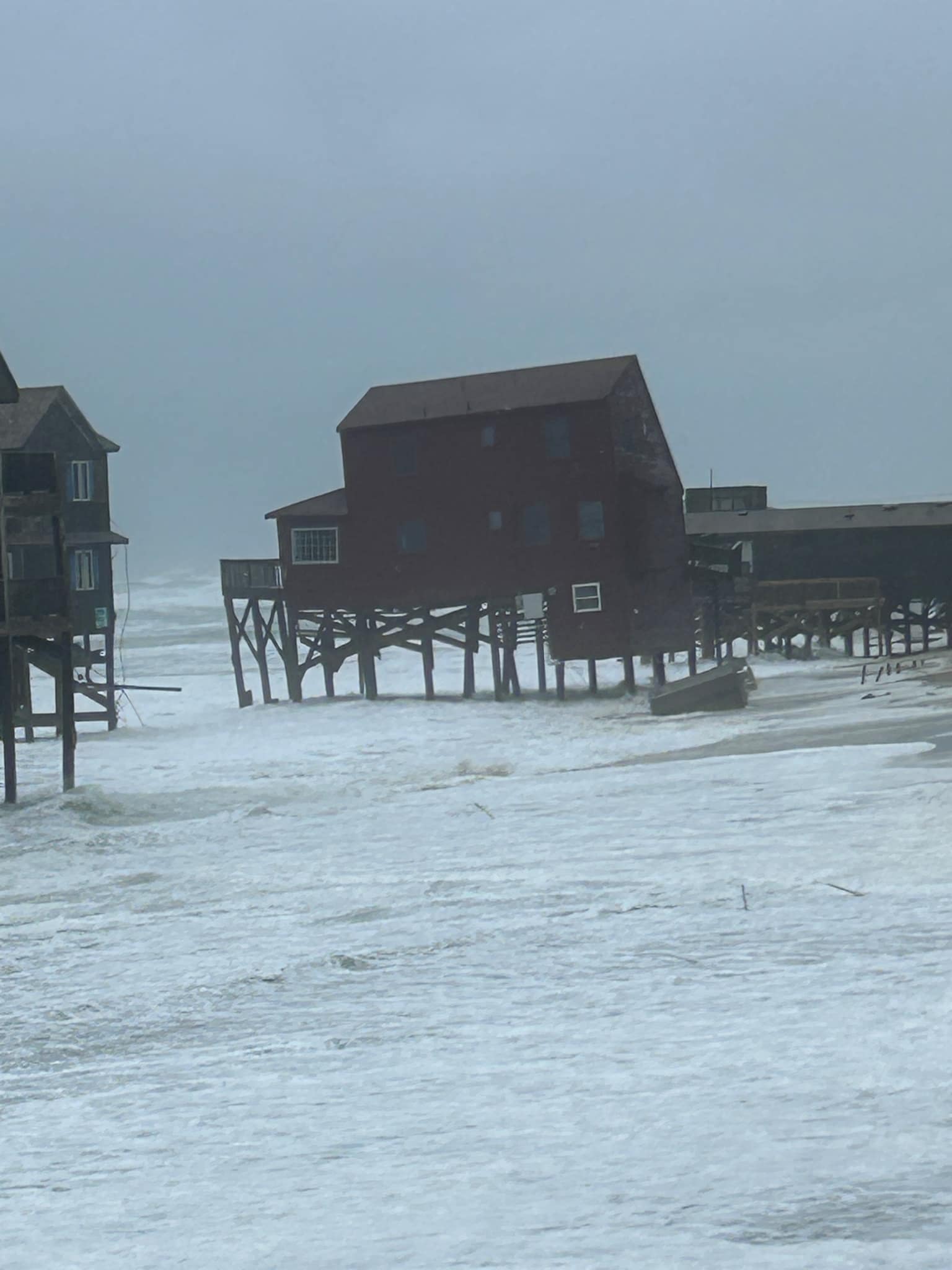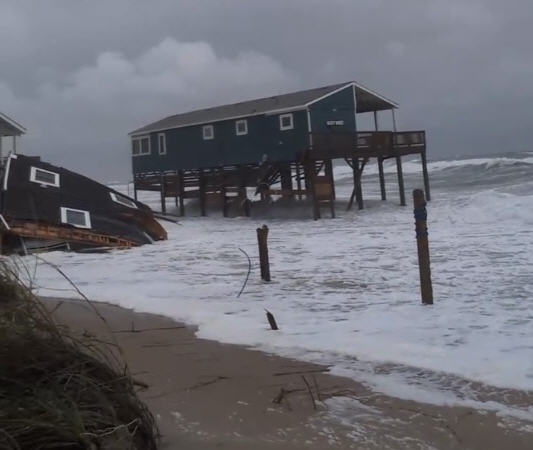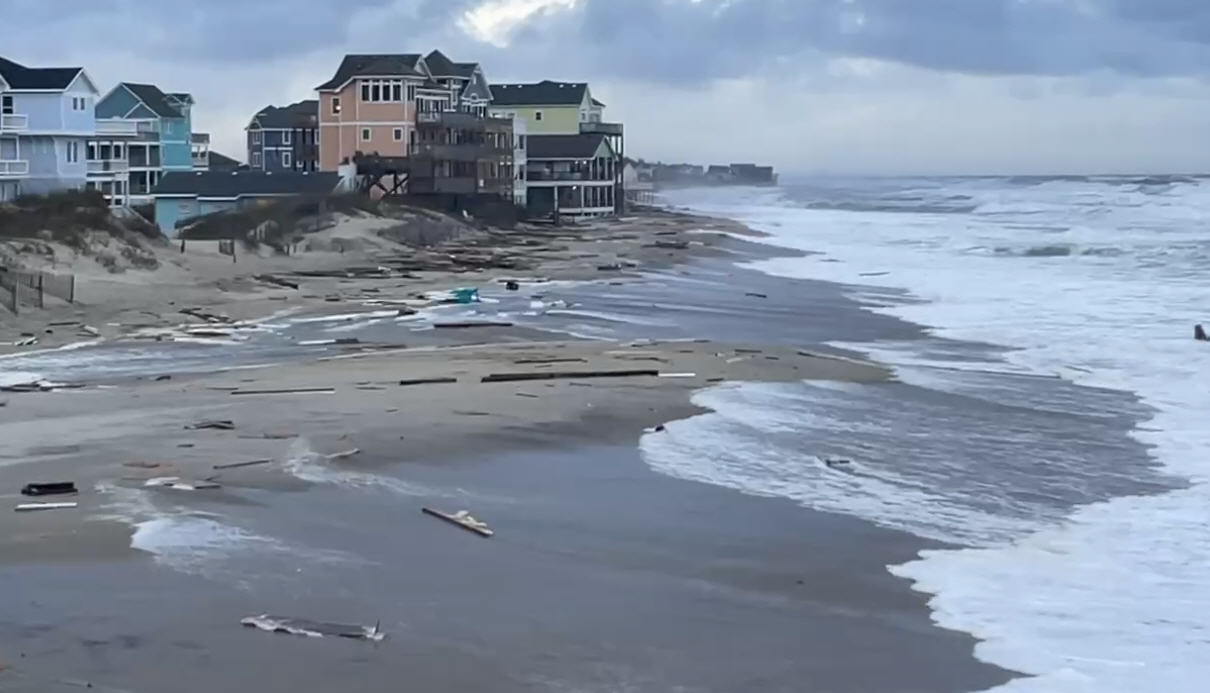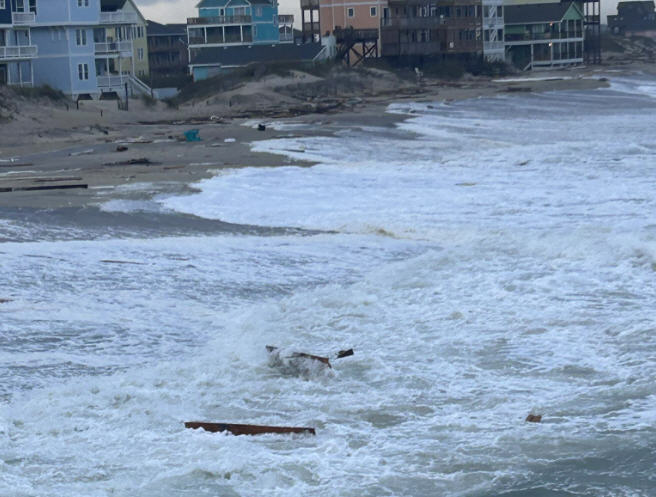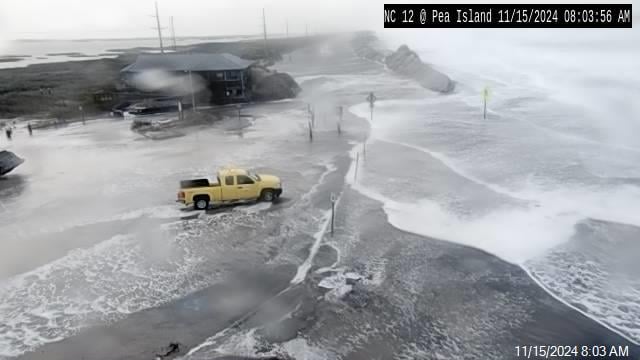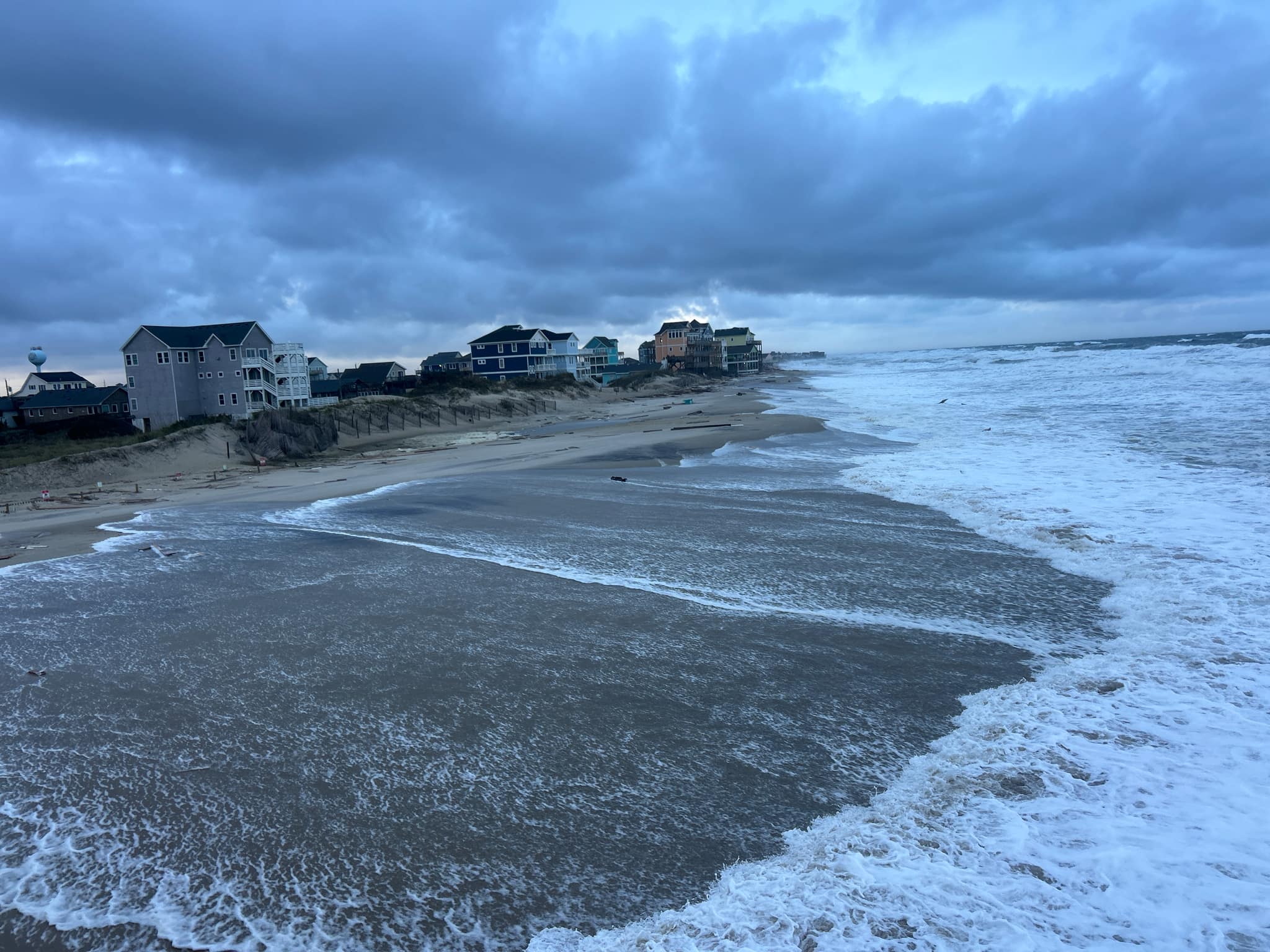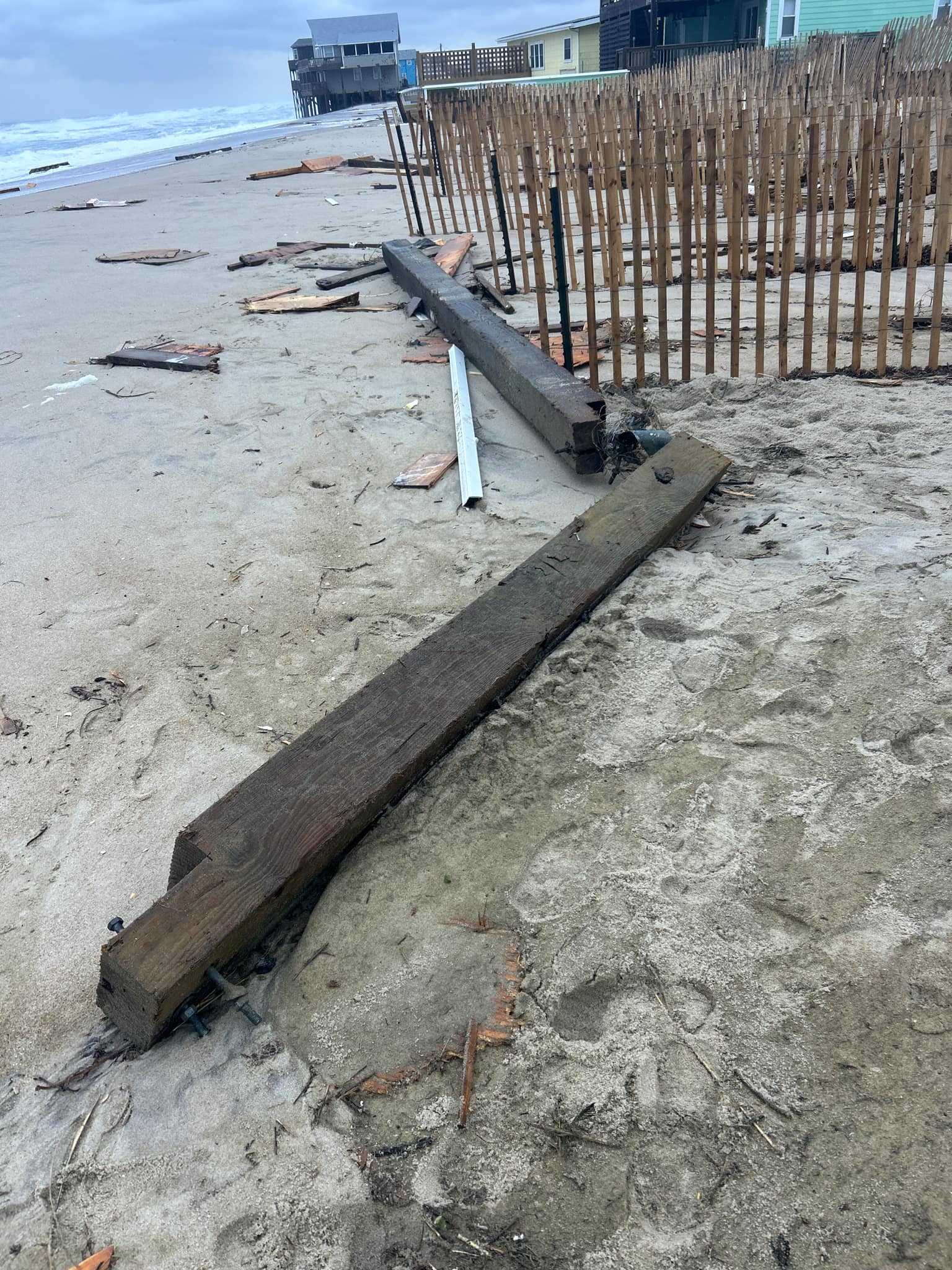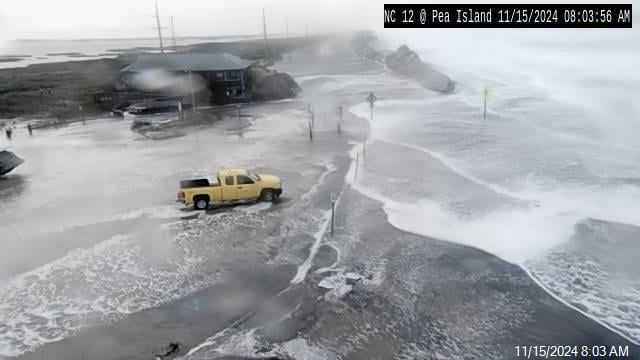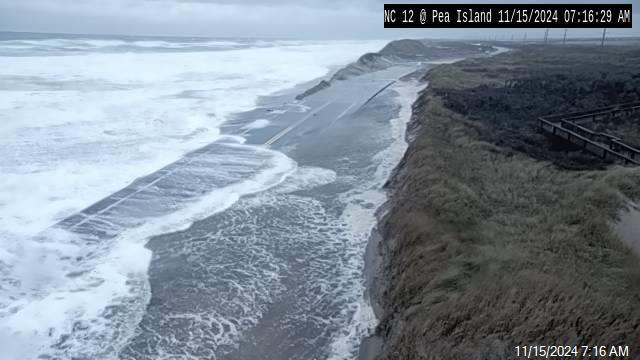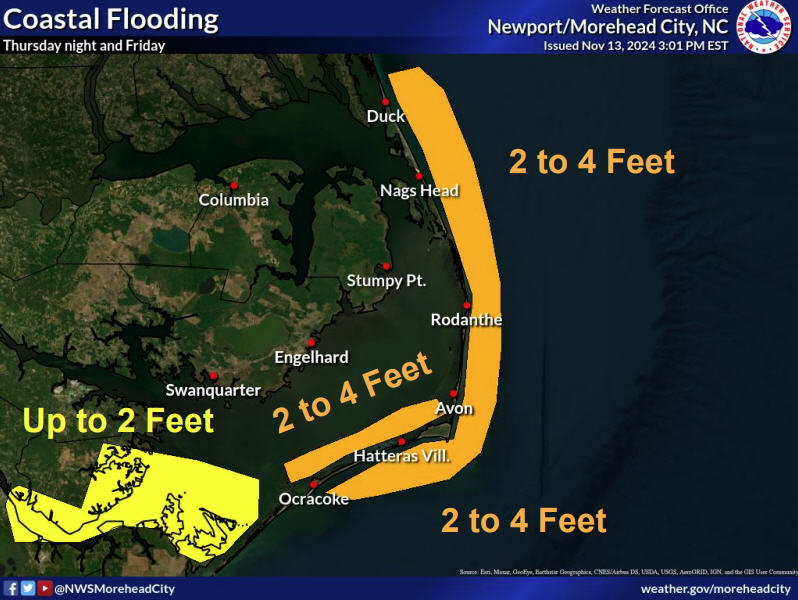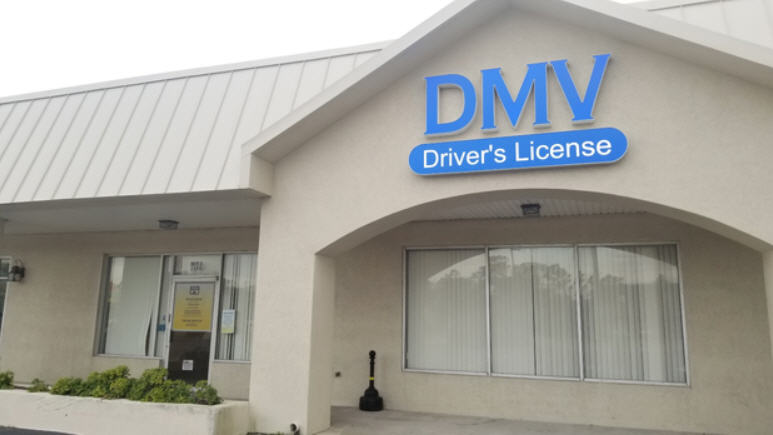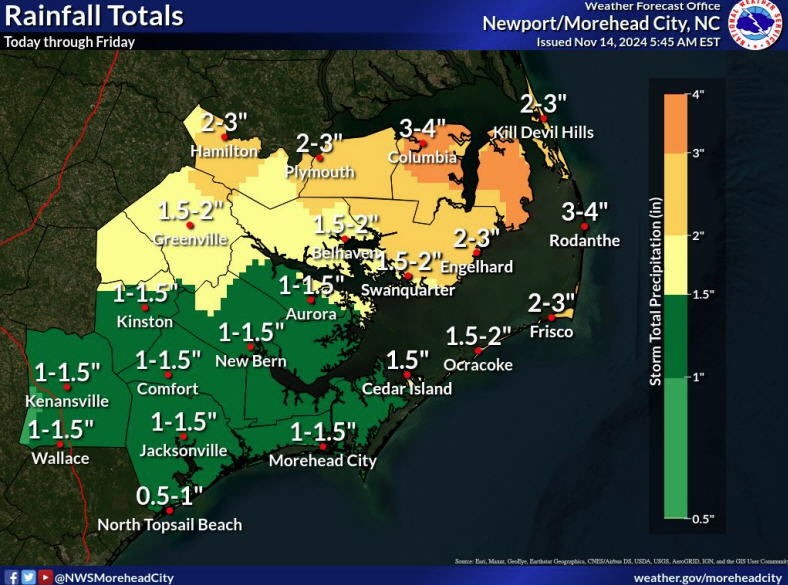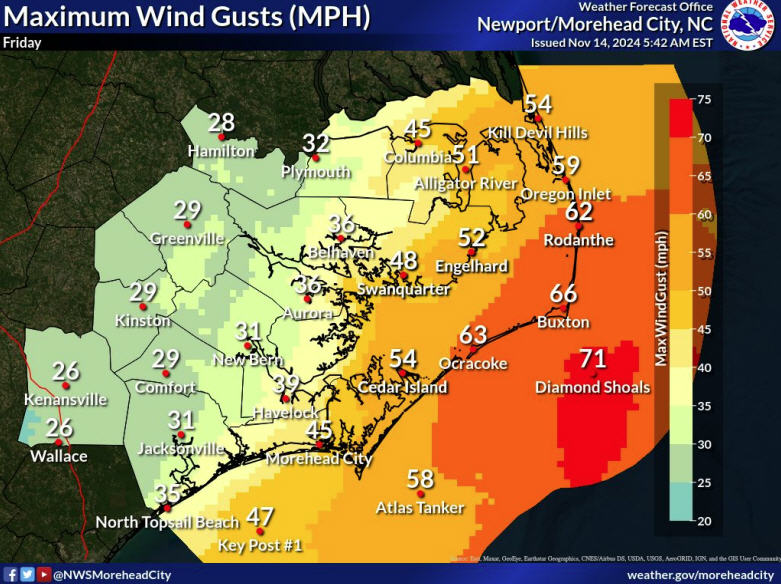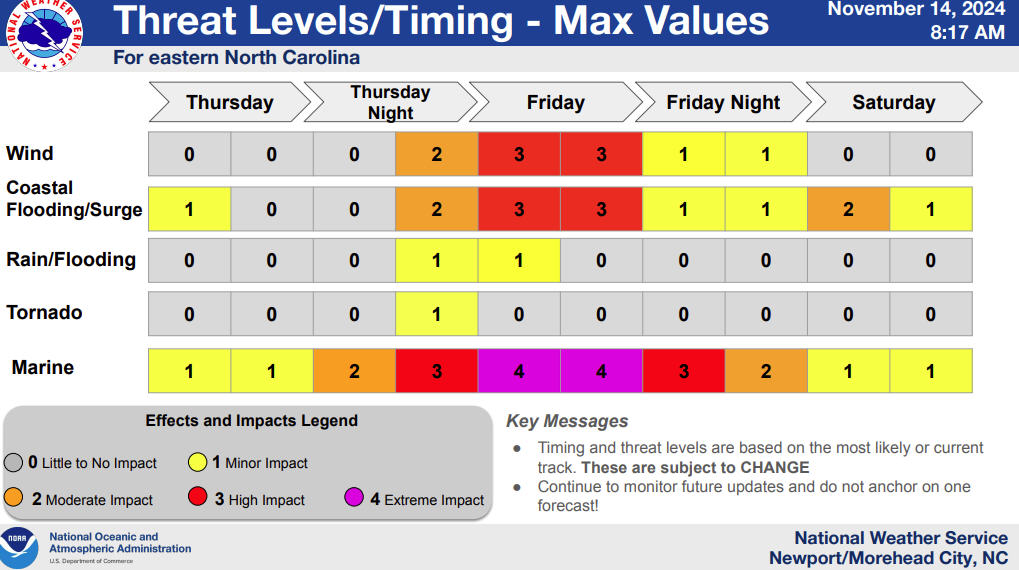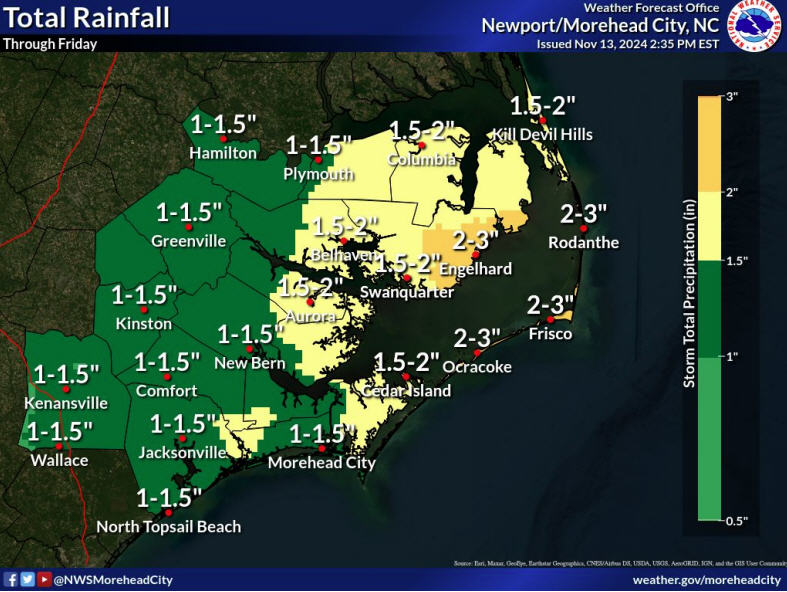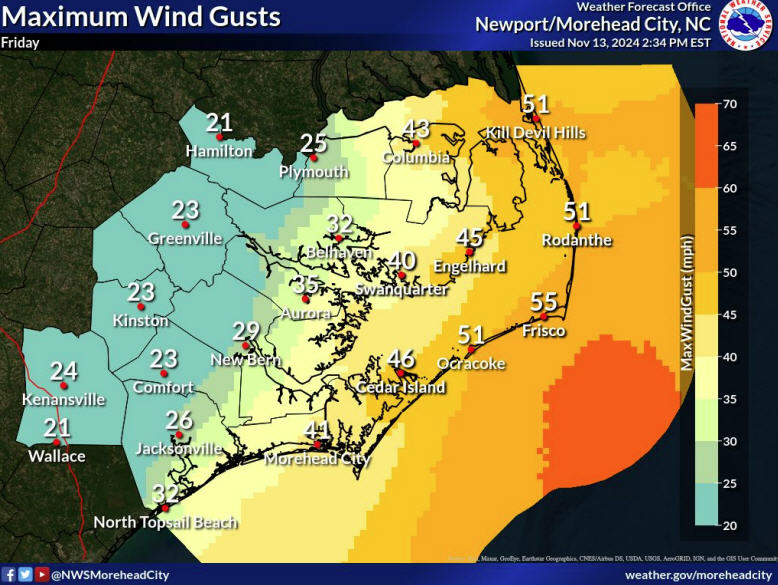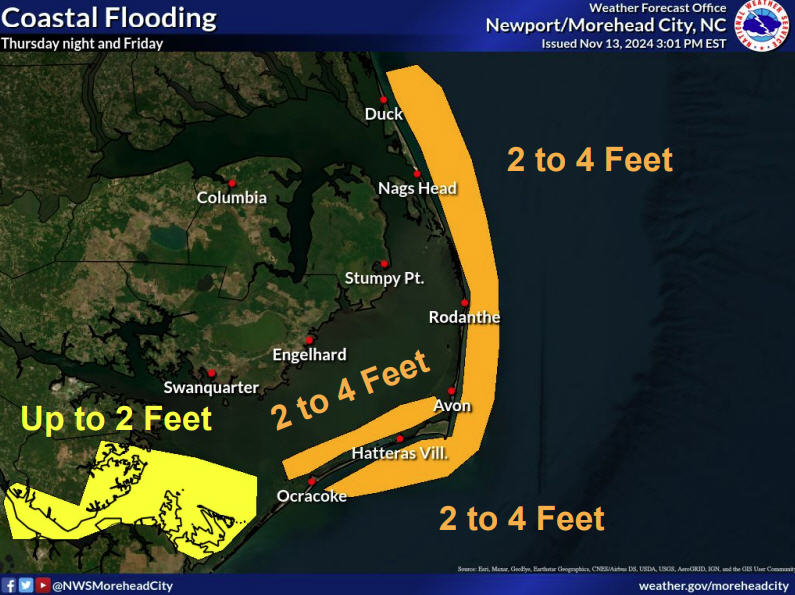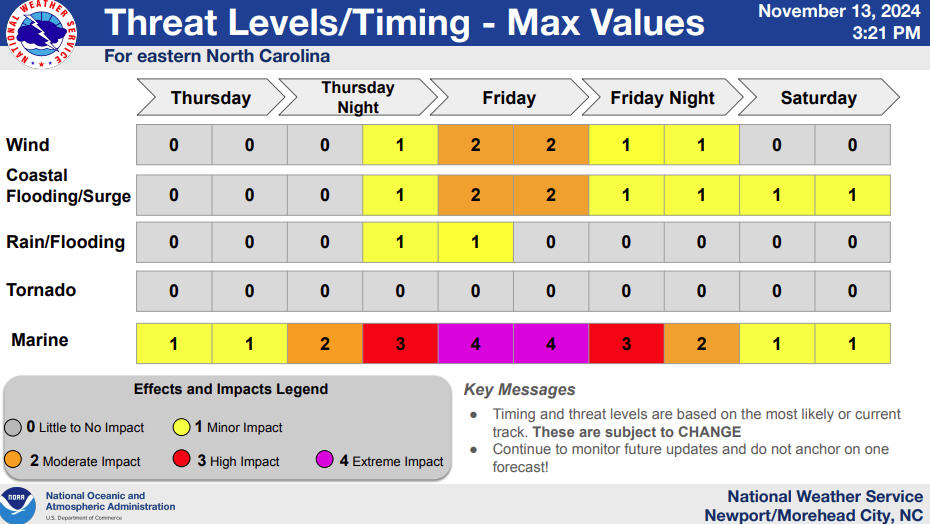Legislative Update: Lawmakers’ inaction costing taxpayers $42,000 a day
Forty-two thousand dollars a day — $210,000 a week — and the price tag keeps getting higher.
That is what the General Assembly’s Legislative Services is reporting that it is costing to continue convening the North Carolina General Assembly, so that it can keep trying to nail down the state budget to a document that both chambers will support and the governor will sign.
It is now 10 weeks and two days since the budget was due on July 1. The General Assembly took a week’s vacation around the July 4 holiday, so the additional cost as of Friday, Sept. 11, is for nine legislative weeks plus two days and totals about $2 million.
But the session will need to go on a bit longer to surpass the 2001 and 2002 sessions, which didn’t produce budgets until Sept. 26 and Sept. 30, respectively. If they pass those dates without a spending plan, the next milestone to become the record-holder of longest time without a budget will be Oct. 30 – that was the date the budget was finally set in 1998.
According to House rules, a draft budget must be available for public review for three days before a vote may be taken. Legislative leaders have indicated they would like to take a vote next week, but to vote on Wednesday, the budget would have to be made public by Sunday, Sept. 13. The third continuing resolution set the deadline for producing a budget is Friday, Sept. 18.
In the meantime, the public and local elected officials can keep guessing because the budget negotiations are behind closed doors.
Bits and pieces of information about what is being left in and what is going away are sifting down to the public.
Sales tax redistribution seems to be dead for this session, but until the draft budget hammered out by the conference committee is made public, that is just an assumption based on the level of opposition it has received.
Sources within the legislative body indicate that a provision of the shallow-draft dredging language that was inserted in the budget that would add a new tax on boats of more than 24 feet long if the boat owners hold saltwater fishing licenses will possibly be replaced with an increase in motor fuels tax. Boat owners already pay a motor fuels tax that is directed to the shallow-draft fund, but that rate is proposed to be increased.
The Senate version of the budget also includes $4 million designated for dredging Oregon Inlet, but legislators say that reducing that amount is being discussed. Also being scrutinized is a change in the language governing the use of the county’s 2 percent occupancy tax that currently is designated for beach nourishment. The proposed language, if left in the budget, would allow up to $3 million a year to be diverted from the Beach Nourishment Fund to use for the local match for dredging.
Leadership in both chambers have reported that the appropriation to pay teaching assistants will be in the budget, but there is disagreement about whether that amount can be used only to pay the teaching assistants or if school systems can use the money for other items.
WRAL reports that House Speaker Tim Moore said that some items have been nailed down, including allowing a $2 billion bond referendum to be added to the 2016 November ballot. The request for the referendum came from the governor, who wanted $3 billion to target infrastructure and transportation projects. The amount has been whittled down by budget negotiators.
Moore also said that drivers’ education will be funded during the current school year and will probably be funded through fines and forfeitures in the future.
The News & Observer reported this week that a provision that could force adjacent school districts to merge will be left in the budget.
It would require that the State Board of Education stop giving school districts waivers to avoid accountability measures and give the state board the power to combine adjacent school districts “to ensure that all school systems have the size, expertise and other resources necessary.”
Leanne Winner, director of government relations for the N.C. School Boards Association, told those attending a forum on education held last week in Dare County that if the provision passes, there were going to be winners and losers but no cases of both districts winning.
Also speaking at the forum sponsored by the Dare County Democratic Party, Dr. Randolph Latimore, superintendent of Hyde County Schools, described the challenges facing that school district in one of the state’s poorest counties, which is adjacent to Dare County.
Because of continuing cuts, the system’s personnel numbers have dropped from 162 to 124. The district has eliminated an art teacher, 11 teacher assistants and six instructional and support positions. Some of the positions that are unfilled are due to not being able to draw employees to a county that has little to offer.
Kindergarten classes in the mainland school have 20 students but no teaching assistants. That makes kindergarten teachers’ job very difficult. “So we struggle,” said Latimore.
Although the mainland schools struggle, the school on Ocracoke fares much better. The presence of NCCAT – North Carolina Center for the Advancement of Teaching — on the island has helped the school there. A majority of the tax revenue that supports the county budget is from the village of Ocracoke, which has a thriving tourism economy. Because of that one bright spot, Latimore said that Hyde is not considered a low-wealth school system, a designation which could provide more resources and support for the schools.
(Sandy Semans is a retired newspaper editor and reporter who now works as a free-lance writer. She lives in Stumpy Point. Her update on the goings-on in this session of the General Assembly will appear weekly in The Island Free Press, usually on Friday.)
First bill filed would prohibit condemning property for economic development
Legislative Update: And they are off — sort of
Legislative Update: The gold rush in Raleigh is underway
Legislative Update Most Bills Moving At Snails Pace But One Achieves Warp Speed
Legislative Update: Humor unleashed in the General Assembly
Legislative Update: Lawmakers made hay while the sun was shining
Legislative Update: Bill on dredging causes local turmoil
Legislative Update: 156 new bills filed this week
Legislative Update: Lawmakers keeping busy in Raleigh
Legislative Update: It was raining bills all week
Legislative Update: Bill on dredging causes local turmoil
Legislative Update: Occupancy tax provision is out of dredging bill
Legislative Update: Lawmakers take aim at N.C. Constitution
Legislative Update: More taxes and Constitutional amendments proposed
Legislative Update: Lawmakers racing the clock to get bills moved
Legislative Update: Rushing to meet the ‘crossover’ deadline
Legislative Update: A week of committee work in Raleigh
Legislative update: New taxes for fishermen and new purpose for occupancy taxes
Legislative Update: Bill aims at opportunities for Oregon Inlet Lifesaving Station
Legislative Update: Two days, two vetoes
Legislative Update: Sales tax redistribution bill gets more traction
Legislative update: Sales tax redistribution is back, will still hurt Dare
Legislative Update: Senate passes its version of state budget
Legislative Update: Budget conference committee faces challenges
Legislative Update: Hurry up and wait time in Raleigh
Legislative Update: Open government laws are a mixed bag
Legislative Update: Some bills moving forward, others stuck in committees
Legislative Update: House slows up, while Senate moves full steam ahead
Legislative Update: Work slows to a crawl as lawmakers travel
Legislative update: Sales tax plan proposal scaled back, but still alive
Legislative Update: Missing from Raleigh — a budget and a senator
Legislative Update: House rejects bill with Senate sales tax plan
Legislative Update: Still no budget from Raleigh
Legislative Update Another Week Without Much Progress







